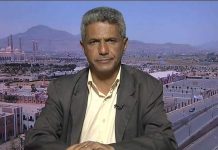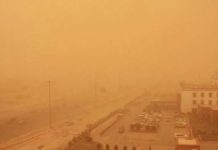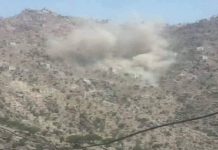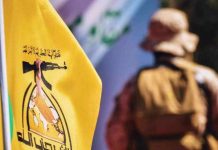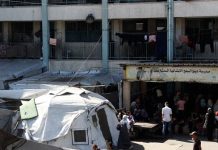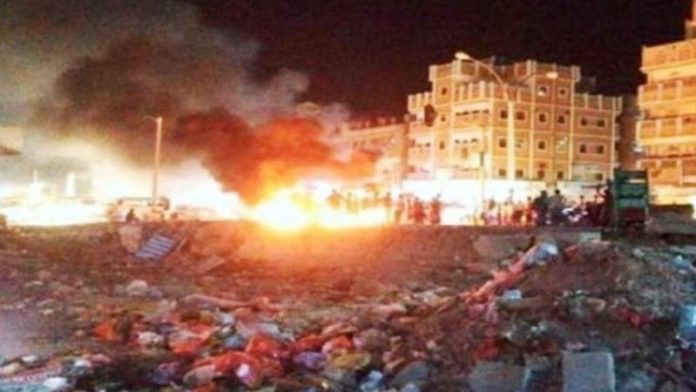Angry youths in Ar-Raidah and Qosaiar district in Hadhramaut governorate cut off the international coastal road, for the second time in a week, to protest against the continuous power cuts in the district.
The angry protesters in the eastern Ar-Raidah region seized heavy transport vehicles on the international road linking Yemen, Oman, Hadhramaut and Al-Mahra on Wednesday evening, refusing to ignore their demands for the provision of electricity by the pro-aggression local authority.
According to sources, the rate of electricity interruption in Ar-Raidah and Qosaiar district increased to 19 hours, compared to five hours of operation per day.
On the 5th of April, a number of residents of the estern Ar-Raidah region cut the international road linking Yemen and Oman, set fire on damaged tires, and prevented large transport vehicles from passing through to protest the poor electricity service.
They held the local authority fully responsible for its failure to carry out its responsibilities and to address the continuous outages in their area.
They vowed to escalate in the event that the electricity requirements, including fuel and others related to power plants, are not provided.
Hadhramaut was the first stop of the popular uprising last August, and it continues to this day against the policy of starvation imposed by the US-Saudi aggression and the pro-aggression government with the aim of bringing citizens to their knees and subjecting them to projects and schemes targeting Yemen in general.
Saudi Arabia, backed by the US and its other regional allies, launched a devastating war on Yemen in March 2015. The seven years and half of war has killed hundreds of thousands of people and destroyed much of the country’s infrastructure. Yemeni people are facing malnutrition, hunger, and famine, which have increased risks of disease and starvation.
Occupied southern governorates are witnessing a tragic situation, high crime levels, currency deterioration, and rising prices. They have witnessed protests and sit-ins during the last period, due to the worsening humanitarian and economic conditions.



